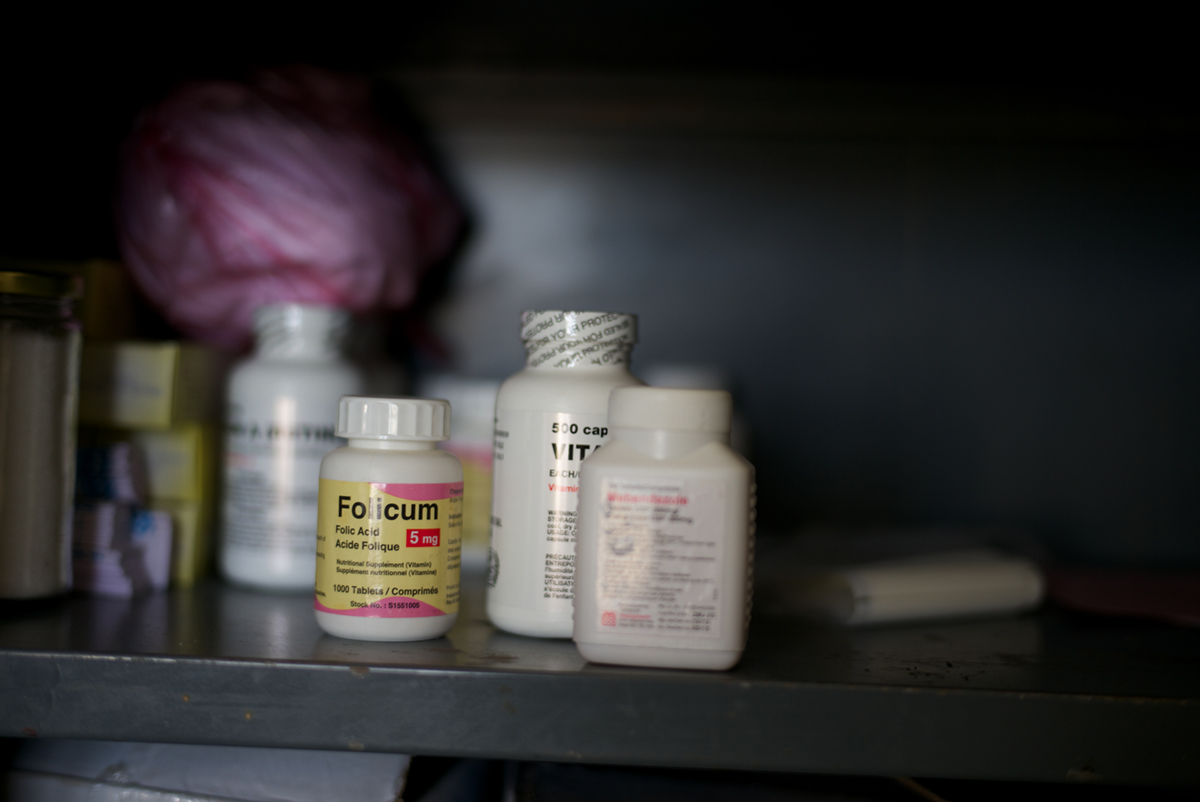Lupus
Lupus is the medical term for the disease when the body’s immune system produces certain agents that attack organs and tissues. Lupus is a chronic disease that causes inflammation which affects the skin, joints, lungs, blood cells, and heart and it is more frequent in women than in men. The reason for that is not known yet.
The Types and Symptoms of Lupus
Four types of lupus are known:
1. systemic lupus erythemotosus, a type which is the most frequent, and dangerous,
2. discoid lupus erythemotosus,
3.drug-induced lupus erythemotosus,
4.andneonatal lupus erythemotosus.
Lupus is a disease with its characteristic symptoms. The most ordinary warning sings of lupus are extreme exhaustion, joint pain accompanied with swelling, depression, muscles pain and fever in addition to the loss of hair, skin rashes and ulcers.
Best Supplements for Lupus
When a person has lupus, it is very hard to absorb enough amounts of nutrients from the gut. There are certain supplements, such as vitamins and minerals, which are very effective for lupus. One of the most helpful supplements is calcium, which is vital for healthy bones and for blood pressure.
Furthermore, using calcium can decrease the chances of heart stroke, colon cancer and kidney stones, while osteoporosis may be prevented with the use of calcium. The foods that are rich in calcium are dairy products, lentils, dark leafy grains, and sardines. Mineral water is the best way to consume calcium.
- Complementary and Alternative Medicine (CAM) is a set of health systems, practices, and products that are not generally considered to be part of conventional medicine. CAM consists of natural products (vitamins, herbs, and supplements), mind and body medicine, and manipulation and other body-based practices, as well as alternative medical systems such as traditional Chinese medicine, ayurvedic medicine, and homeopathy.
- According to the National Health Interview Survey (NHIS), nearly 40 % of adults in the United States are actively using some form of CAM, and over 70 % will use CAM at some time during their life. The most frequently used CAM therapies were natural products, followed by deep breathing and meditation, and chiropractic treatment.
- The prevalence of CAM use among persons with SLE is estimated to be at least as high as in the general population. The TRINATION study surveyed 707 SLE patients in Britain, Canada, and the US, and found that CAM use was approximately 50 % in each of the three countries. In a sample of 192 SLE patients in China, 66.5 % had ever used CAM, and they reported using CAM to treat their disease symptoms or to promote health.
- Deficiency in vitamin D is widespread in the general population and even more prevalent in SLE patients. In a cohort of 177 SLE patients in Hungary, low vitamin D was found in 82 %, and was associated with SLE disease activity index, and severity of serologic markers such as anti-dsDNA.
- A prospective observational study in Japan followed 241 women with inactive SLE over 4 years and found that vitamin C intake via food was inversely associated with risk for developing active disease when adjusted for possible confounders such as SLE duration and damage. Dietary vitamins were not associated with risk for vascular events during the follow-up period. The same research group also found dietary vitamin B6 to be inversely associated with risk for active disease but not atherosclerotic events in a cohort of women with inactive disease at baseline. These studies highlight the importance of lifestyle factors such as a diet rich in antioxidants for SLE patients.
- Cardiovascular disease is a leading cause of death in SLE, and subclinical vascular disease is more prevalent in SLE than in the general population. Therefore, supplements such as omega 3 polyunsaturated fatty acids that have cardioprotective and vascular effects in the general population, as well as anti-inflammatory effects, may also be useful for patients with SLE.
- Curcumin is the most active component in the spice turmeric. Turmeric can inhibit tumor growth, inflammatory cytokine production, and inflammatory bowel disease, and curcumin can lower cholesterol and enhance wound healing.
- DHEA is an adrenal steroid hormone that tends to be reduced in SLE. There has been longstanding interest in dehyroepiandrosterone (DHEA) supplementation for improving SLE disease activity and protecting against the negative effects of steroids.
Folic acid is very effective for the prevention of atherosclerotic disease by decreasing the levels of homocysteine in the blood. It can be found in nuts, lentils, liver and spinach. Beta carotene, which can be found in dark orange fruits and vegetables, is a supplement that is regarded to reduce the risk of several cancers.
Vitamin E is effective for maintaining good cholesterol high, while lowering bad cholesterol, on the other side. Furthermore, vitamin E is good for decreasing the swelling, which occurs in cases of arthritis. The foods rich in vitamin E are nuts, liver, soybeans, leafy greens, and peanut butter.
Brazil nuts, lean meats, eggs, seafood, and legumes are several kinds of foods that are rich in selenium, which is very beneficial for the functioning of the thyroid gland and, is also believed to be good for the prevention of cancer. Other effective supplements for lupus are zinc, magnesium, vitamin C, vitamin D and pantothenic acid.
While zinc can be found in dark meat and poultry, as well as in shellfish and legumes, magnesium is a supplement best found in avocados, green vegetables, chocolate, seeds and nuts. Vitamin C is one of the supplements considered to be very beneficial for all diseases. Fresh fruits, melons, strawberries, tomatoes, brussels sprouts, cabbage, kale, collards, spinach, mustard and turnips are foods that contain high levels of vitamin C.


















Your thoughts on this
Loading...